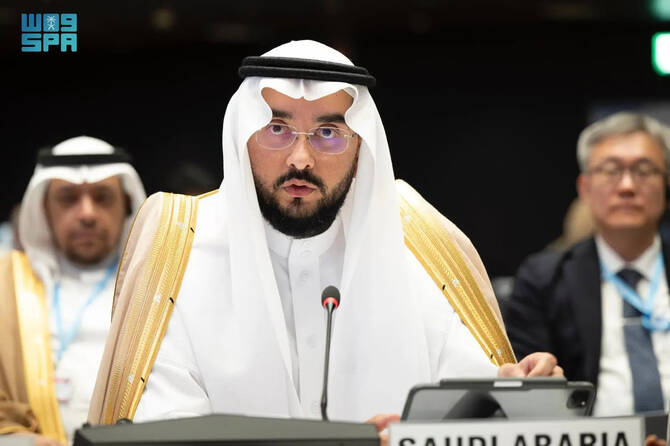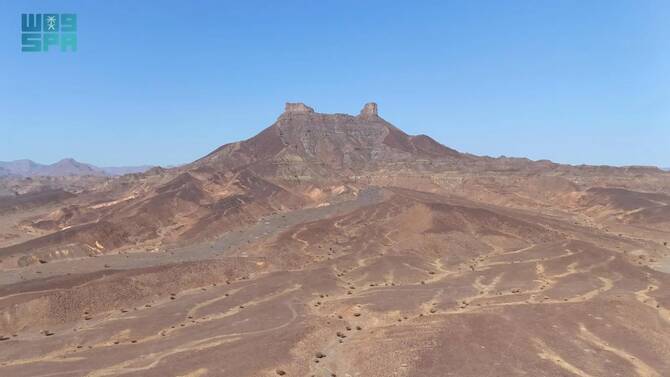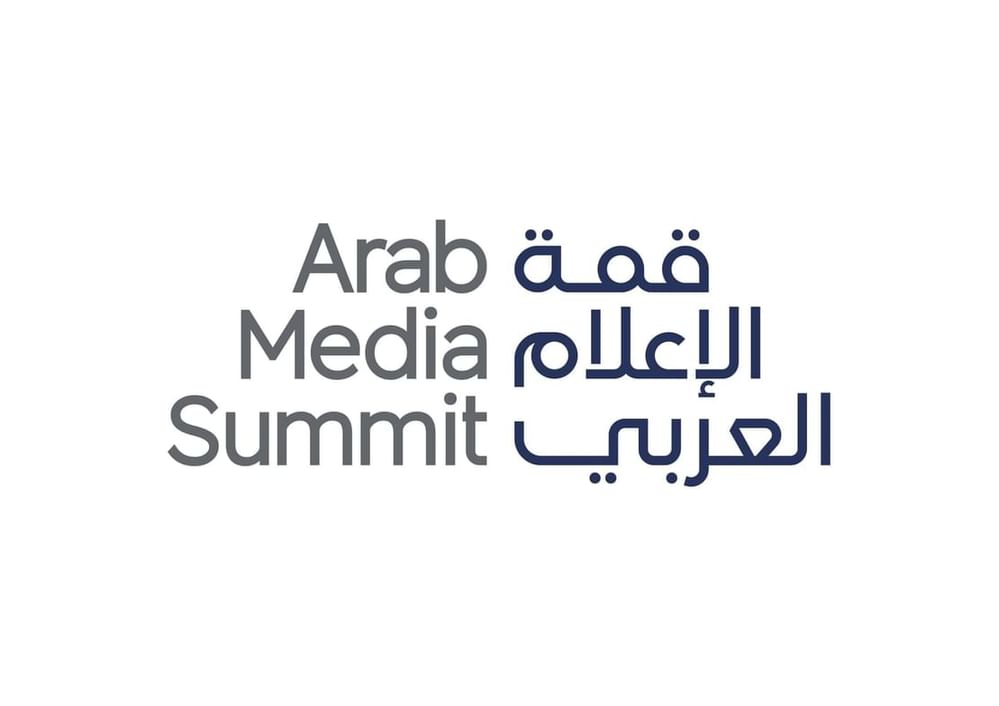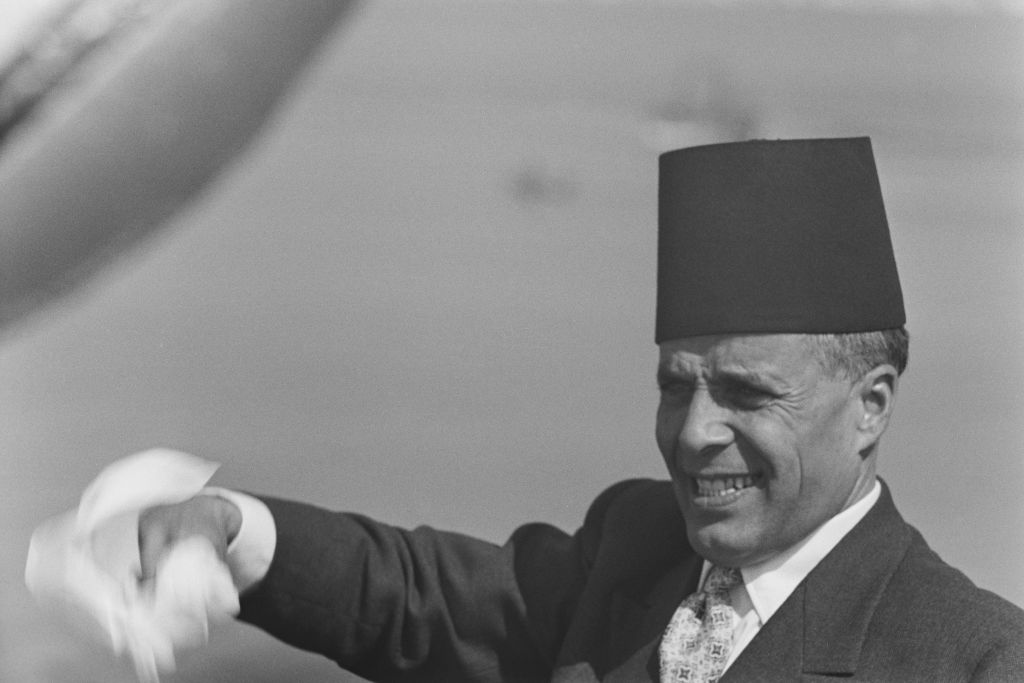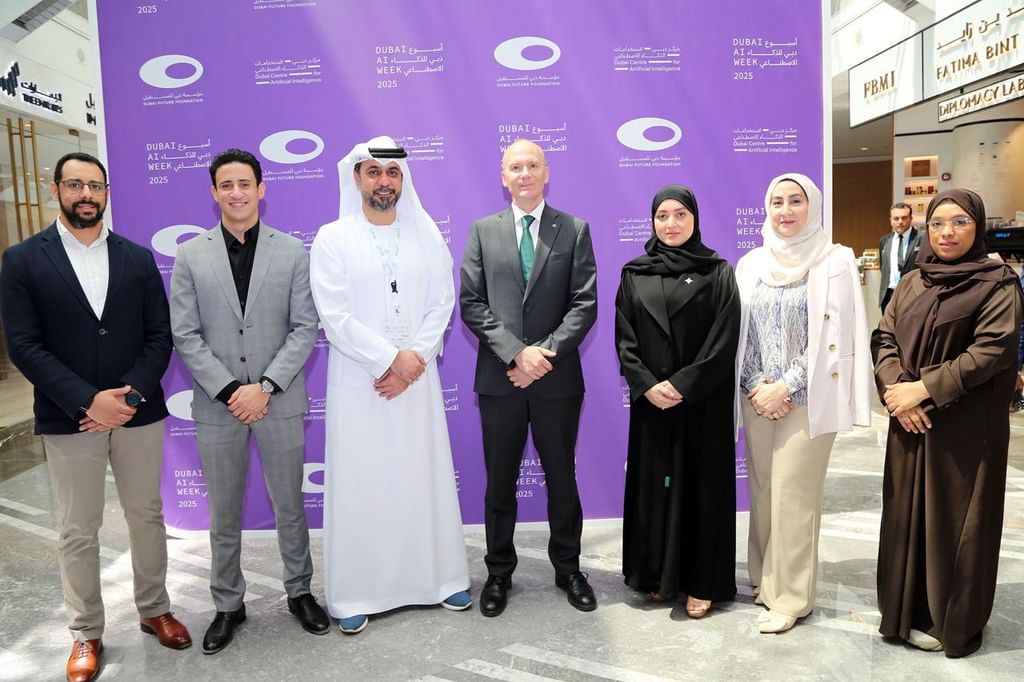Several UAE government ministers affirmed that the election of Emirati woman, Her Excellency Sheikha Nasser Al Nowais, as Secretary-General of the United Nations World Tourism Organization (UNWTO) is a historic achievement for the UAE, both regionally and globally. This achievement reflects the country’s pioneering position and the success of its strategic vision to support international efforts to develop a sustainable and responsible tourism sector that contributes to advancing the economic and social development of the world’s peoples.
“Thanks to the directives of our wise leadership, the UAE is witnessing a new historic achievement for the UAE’s tourism sector, with the victory of the UAE’s candidate, Her Excellency Sheikha Al Nowais, for the position of Secretary-General of the United Nations Tourism Organization for the period from 2026 to 2029. This is a translation of the pioneering and influential role played by the UAE in leading global efforts to achieve sustainable tourism development, in cooperation with decision-makers and international organizations at the global tourism sector level. It also confirms the success of the country’s vision to enhance openness to the world and build pioneering international relations that serve its vision as a leading tourist destination regionally and globally.
Sheikha Al Nowais as the first young Emirati and Arab woman to hold the position of Secretary-General of the United Nations World Tourism Organization. This step reflects the competence of our young national cadres and their ability to gain international confidence to lead high-level positions in specialized sectors such as tourism. It also confirms the advanced status that Arab women have attained on the regional and global stage.
His Excellency praised Her Excellency’s expertise and capabilities in representing the country at the highest international levels, presenting a comprehensive and integrated vision for enhancing joint action to achieve sustainable and responsible growth in global tourism, advancing it to more advanced and prosperous levels, and contributing effectively to the implementation of the projects and initiatives of the United Nations Tourism Organization.
His Excellency considered that the UAE tourism sector succeeded in achieving exceptional growth indicators during the year 2024, and witnessed the launch of several national initiatives aimed at encouraging tourism in the country and attracting international tourists. These include the launch of the fifth season of the “World’s Coolest Winter” campaign, the inauguration of the National Tourism Charter, and the adoption of the International Code for the Protection of Tourists as a guide in cooperation with the United Nations Tourism Organization. This supports the achievement of the objectives of the “National Tourism Strategy 2031,” which aims to raise the country’s position as the best tourism identity in the world by the next decade
For her part, Her Excellency Reem bint Ibrahim Al Hashimy, Minister of State for International Cooperation, affirmed that the election of Sheikha Nasser Al Nowais as Secretary-General of the United Nations Tourism Organization represents a remarkable achievement for the UAE and Emirati women. Her appointment as the first woman to hold this position embodies the international community’s confidence in her competence and reflects the UAE’s pioneering position in supporting sustainable development worldwide.
Her Excellency noted that Al Nowais’s extensive professional record in the private sector will contribute to presenting a new vision focused on achieving tangible results and enhancing the effectiveness of the organization’s work mechanism to serve the global tourism sector.
For his part, His Excellency Sheikh Shakhbout bin Nahyan Al Nahyan, Minister of State, said: “The emphasis on empowering and supporting Emirati women is a key focus of the vision of our wise leadership to build a more prosperous and advanced future. The UAE is keen to enhance their participation and contribution to the development process at various levels, and to support their influential presence in regional and international forums. In this context, the selection of the young Emirati woman, Sheikha Al Nowais, as Secretary-General of the United Nations Tourism Organization confirms this forward-looking vision and represents an important step towards consolidating the UAE’s pioneering role in developing a safe and sustainable environment for the global tourism sector, which will contribute to driving the growth of this vital sector.
His Excellency added: “The election of Her Excellency Sheikha Al Nowais to this high-profile international position not only reflects her competence and professional excellence, but also reflects the international community’s confidence in the UAE and its credibility as an effective partner in supporting sustainable development around the world. It also underscores the prestigious status the country has attained regionally and internationally.
For his part, His Excellency Omar Obaid Al Hossan Al Shamsi, Undersecretary of the Ministry of Foreign Affairs, expressed the importance of this historic achievement by the UAE in the tourism sector, pointing out that the election of the first Emirati woman by the United Nations Tourism Organization confirms the continuous support and patronage that Emirati women receive from the wise leadership. It also confirms that the UAE’s ongoing efforts with the organization and its member states have borne fruit. His Excellency expressed his confidence that Emirati woman Sheikha Al Nowais, with her strong and distinguished experience in the tourism and hospitality sectors, will contribute to achieving a qualitative shift in tourism work regionally and globally.
source/content: wam.ae (headline edited)
___________

___________________________________
UNITED ARAB EMIRATES (U.A.E)
